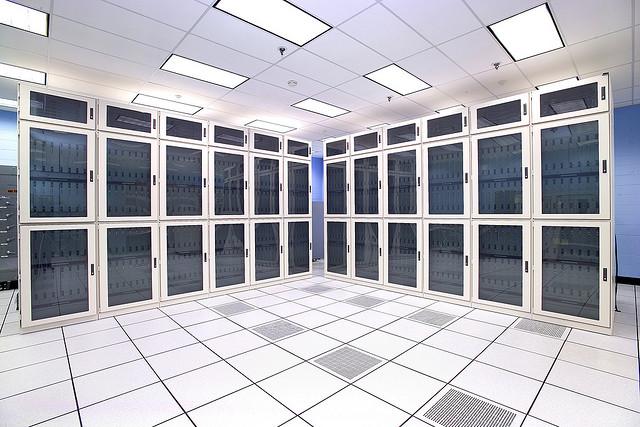
Estimated to cost around $325 million in total, state-of-the-art supercomputers dubbed Sierra and Summit will be installed in 2017, Nvidia anticipates. Built using IBM Power servers, they’ll use Nvidia Tesla GPU accelerators, and NVLink GPU interconnect technology to reach peak processing speeds that previously appeared too far-fetched to even dream of.
China’s Tianhe-2, the world’s current fastest supercomputer, can deliver up to 55 petaflops of processing power. Meanwhile, America’s upcoming Sierra should have no problem running at over 100 petaflops. And Summit will up the processing capability ante to as much as 300 petaflops.
And you thought your overclocked Intel Core i7 Haswell chip was fast.
Sierra’s purpose at the Lawrence Livermore National Laboratory will be to ensure the safety and effectiveness of the nation’s nuclear program.
Sequoia, mind you, is no pushover. However, at 20 petaflops, it looks like a featherweight next to Sierra, which is expected to generate five to 10 times superior performance.
As for Summit, it will replace the Oak Ridge National Laboratory’s Titan supercomputer, which is aging. Though it’s the current national processing power title holder, Titan can barely reach a tenth of Summit’s mind-blowing speed achievements. Titan tops out at 27 petaflops.
Meant for scientific applications, Summit will be shared by American researchers with their colleagues all over the world. The goal is to use Summit to drive discoveries and inventions that everyone can benefit from, not just us Yankees.
Incredibly enough, when Summit enters the picture, and Titan departs, the U.S. Department of Energy forecasts a measly 10 percent increase in power consumption.
The potential of Summit and Sierra is detailed in the below clip, which is courtesy of Nvidia.
Editors' Recommendations
- Email typo misdirects millions of U.S. military messages to Mali
- As ransomware hits this U.S. hospital, lives could be at risk
- Check out this supercomputer’s stunning image of a supernova remnant
- Intel’s mysterious gaming bus might hold a U.S. launch for Arc Alchemist
- Steve Jobs’ legacy lives on with the highest civilian honor in the U.S.



